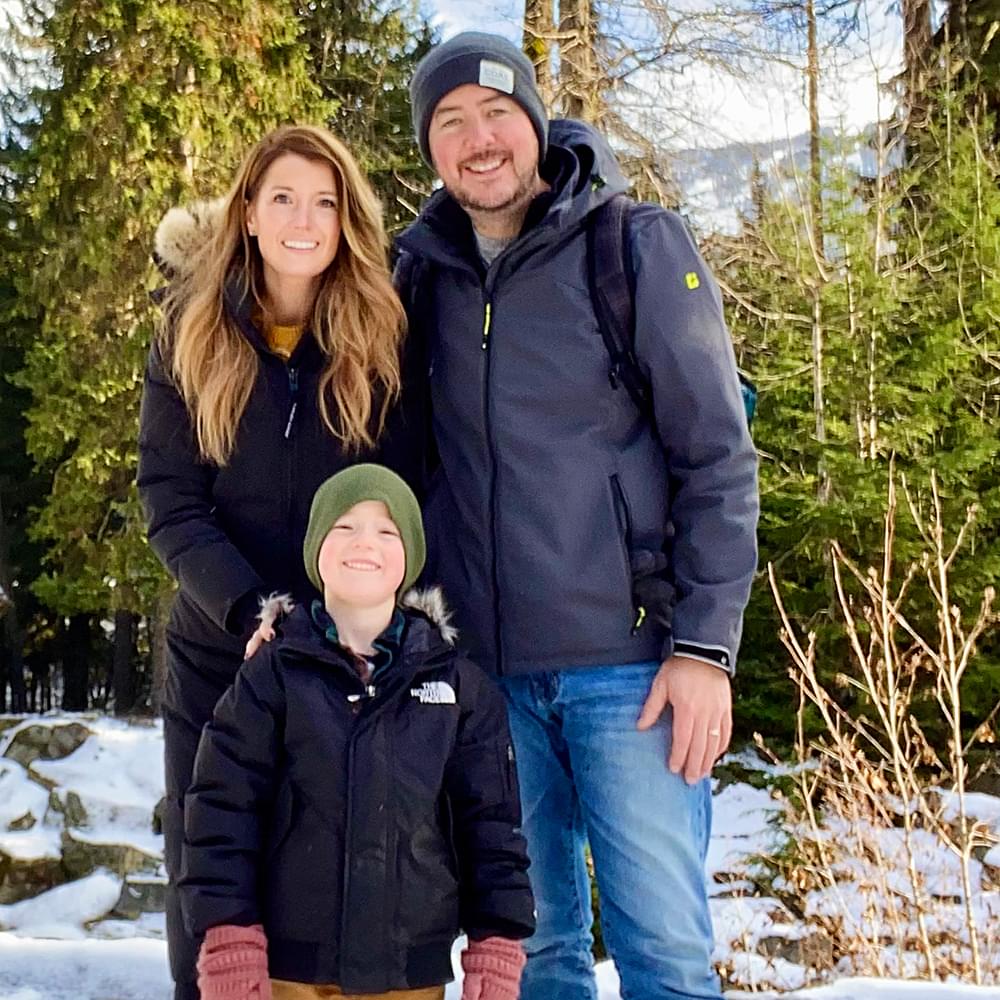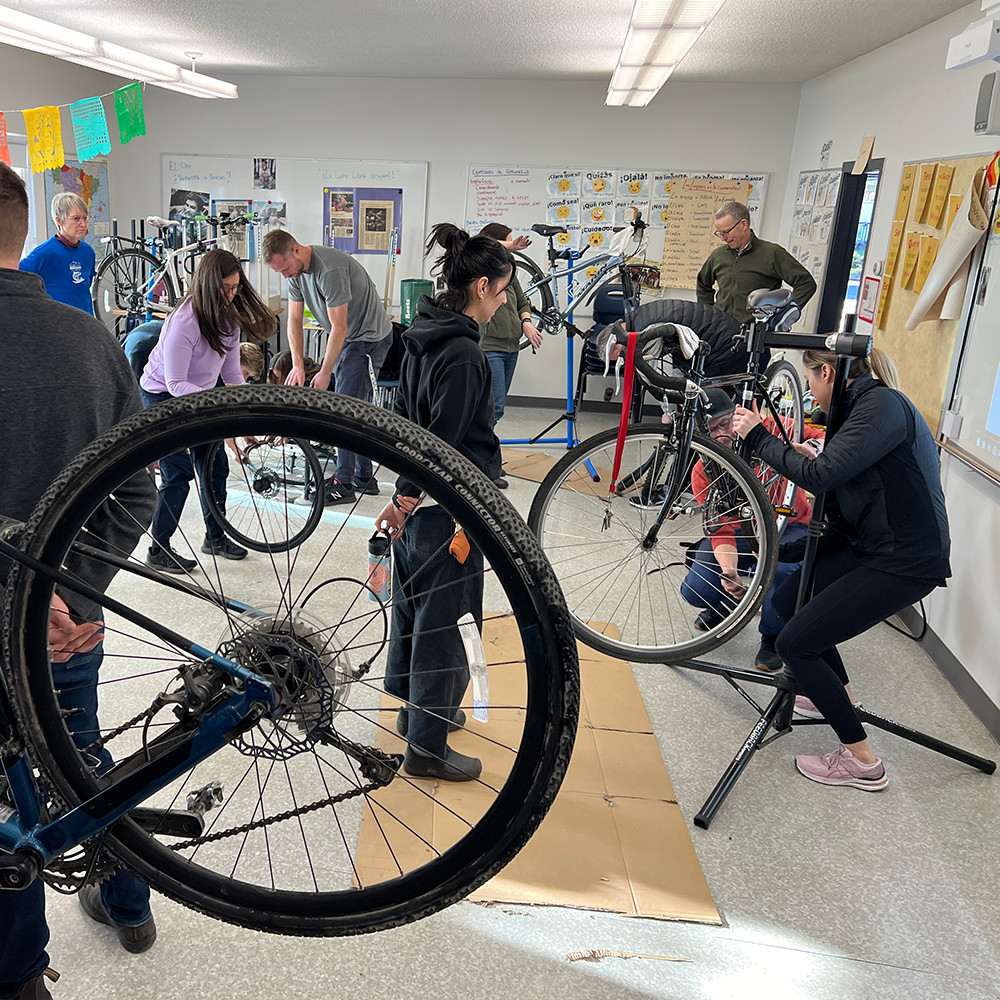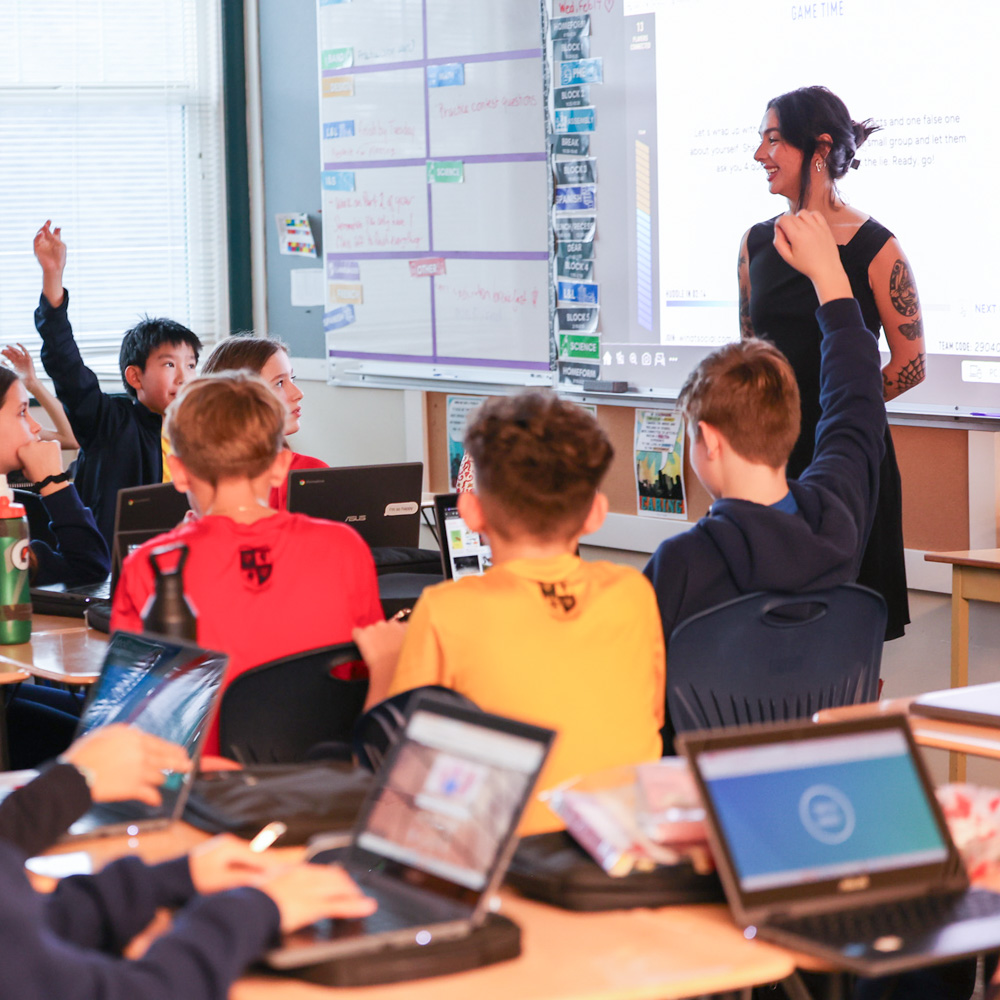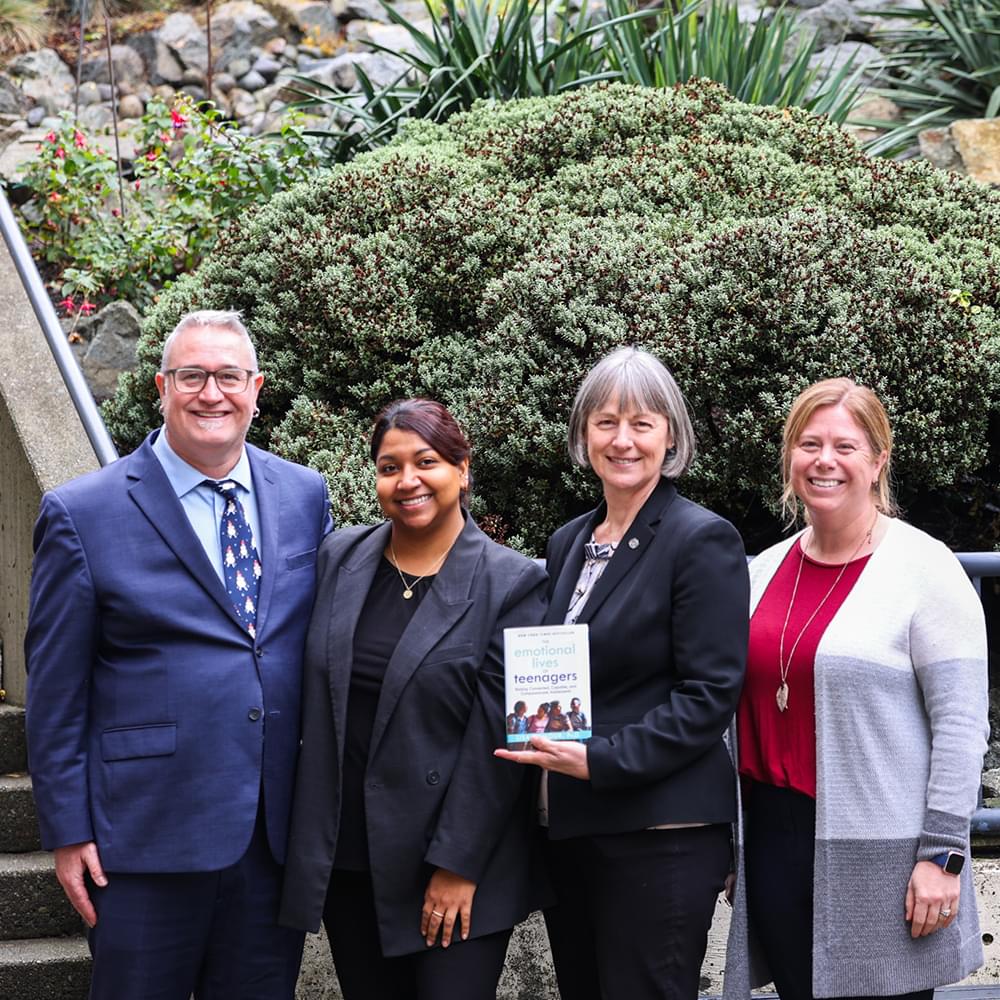For one GNS parent, the Junior School campus has become more than just a place of education—it has become a platform for positive change in the realm of childhood nutrition, waste reduction and food security.
Fiona Patterson’s journey with GNS started when her son began Kindergarten at GNS in 2021. She and her husband had a vision of providing their child with an education that went beyond textbooks and classrooms.
“Everybody here is committed to kindness, inclusion, being stewards of the environment, being curious, unafraid to ask questions and becoming critical thinkers,” she said.
Having spent close to 20 years as a trauma psychotherapist, Fiona felt the weight of burnout settling in last year. Little did she know that her trajectory would soon shift from her psychology practice to an endeavour that not only aims to improve nutrition in childhood, but also reduces food insecurity and eliminates single-use plastics. In order to prioritize her own well-being and her family, Fiona chose to close her private practice and pause her PhD studies.
It was during this shift that the seeds of change began to sprout at GNS.
During a volunteering session for the Junior School lunch program one afternoon, she identified opportunities for enhancement, ranging from refining food choices to promoting healthier portion sizes and addressing concerns related to food and plastic container waste.
Fiona couldn’t ignore the meaningful ways she could make a positive impact and realized that there was a shared passion and vision between herself, Gavin Bowers (Vice Principal of the Junior School) and Myki Engelland (Facilities Booking and Rental Manager). Gavin is well-known in the school community for his passion for the environment, and Myki works tirelessly to ensure that the lunch programs at both campuses run smoothly, while also tailoring it to the needs of different age groups.
Fiona decided to write a proposal to Gavin in the Spring of 2023 that outlined ways the GNS lunch program could be improved at the Junior School; she was impressed with how receptive to feedback the GNS team was, and that they were willing to implement changes.
“It has been a dream to transform the school’s lunch program for many years now,” said Myki. “Gavin and I are touching base every year on how we can make it [the lunch program] better.”
Over the years, she and Gavin had been working to improve the program, addressing concerns about sustainability and waste reduction. The dream was a vision that Fiona’s support helped materialize at the Beach Drive Campus.
Fiona’s proposal made its way to the desks of the Senior Leadership Team and they worked to begin implementing the recommendations for the start of the 2023 school year.
Thanks to her generous gift, the school was able to implement a new lunch program following Fiona’s suggestions including a focus on nutrient dense foods, age-appropriate portions, eliminating single-use containers and reducing food waste. The impact has been substantial, especially in regard to reducing waste and encouraging healthier eating habits among the students.
Recognizing the school’s role in her child’s growth and education, Fiona’s commitment to supporting GNS extends beyond her financial contributions to the food program. She sees it as an ongoing partnership centered on nurturing and nourishing youth in all ways.
“It was important that this initiative came from us in muscle and money because it just seemed like the right thing to do, and because I’m so proud of this place and I’m proud to support what they need here.”
Following her efforts at GNS, she has since spent the last six months establishing a non-profit organization called The Common Kitchen, a food service provider and logistics coordinator serving universal, no-cost meal programs to children in grades K-5 in SD61. By creating a nutritious meal program for all students, regardless of socioeconomic status, Fiona hopes to reduce food insecurity and poverty, improve social, emotional and academic outcomes, improve physical and mental health across the lifespan, eliminate the use of single-use plastics and eliminate the barriers that prevent children from accessing food during their optimal years of biopsychosocial development.





